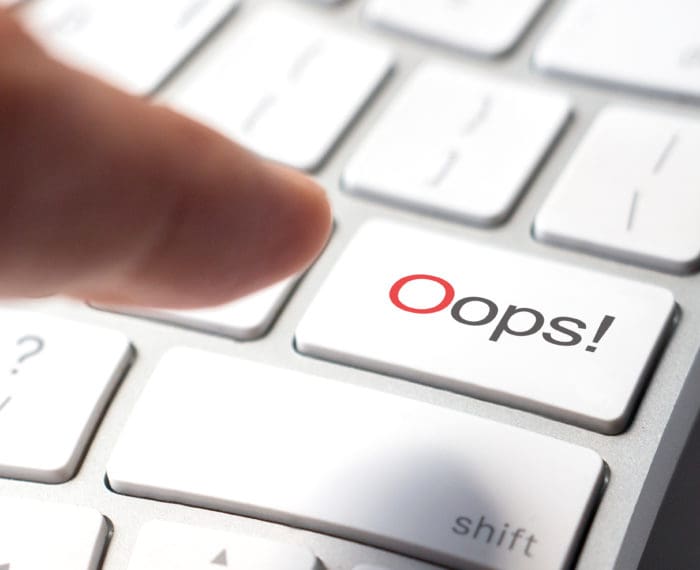By Lee Williams
The Miami Police Department currently has no export licenses or permit to ship firearms to the Ukraine, but they’re working on getting them, or at least they claim they are.
In a story published Wednesday, we revealed how the department has a gun buyback scheduled for Saturday, which they’re calling “GUNS 4 UKRAINE.” Miami Police spokeswoman Officer Kenia Fallat said that the weapons collected at the buyback will be shipped to the Ukraine for use in their ongoing war against the Russian military.
Their plan was fraught with legal entanglements, since shipping firearms to a foreign country without the proper paperwork violates federal law, specifically the International Traffic in Arms Regulations, known as ITAR. The plan also violates state law, specifically, Florida Statute 790.08, which regulates what police can do with firearms or other weapons that come under their control. Shipping guns to a foreign military is not one of the options allowed by the statute.
During her interview, Officer Fallat asked for written questions, which were provided to her. She provided the following written responses today:
Does Miami PD have a firearm export license?
NO. However, at the June 9, 2021 Commission Meeting, the City of Miami adopted Resolution R-22-0219 directing the City Manager to “take any and all action to work with federal authorities to ship any functional weapon received through the City’s Gun Buyback program to Ukraine for use in the conflict against the Russian invasion.” The directive to take “any and all action to work with federal authorities” may include, but is not limited to, the procurement of an export license in accordance to the Arms Export Control Act (AECA) including conformity to the requirements of the International Traffic in Arms Regulations (ITAR); any guidance from the Department of State’s Directorate of Defense Trade Controls regarding AECA export controls and licensing for articles enumerated on the U.S. Munitions List; any relevant portions of the Code of Federal Regulations (CFR); and/or compliance with the Department of Commerce’s Bureau of Industry and Security export controls for items listed in the Commerce Control List (including firearms) pursuant to the International Emergency Economic Powers Act and Part 774 of the Export Administration Regulations; and/or compliance with the National Firearms Act including any application to obtain a permit for permanent exportation of firearms; any necessary clearances from ATF prior to export; or compliance with any one-time licensing exception the City may be eligible to obtain as provided in the provisions of ITAR. The actual avenue for the City to lawfully export anything is speculative at this time because the City cannot predict the amount or types of firearms that will be donated at buyback event,” Officer Fallat said in a statement.
Are you aware shipping guns to a foreign country without an export license violates ITAR (International Traffic in Arms Regulations)?
If by ‘you’ you mean the City of Miami, YES. See above. The resolution adopted by the City Commission anticipates that the City must ‘work with federal authorities’ to lawfully attempt to comply with the directive and deliver the firearms to the brave men and women fighting for their liberty against their oppressors.
Are you aware shipping guns to a foreign country violates FL Statute 790.08?
“If by ‘you’ you mean the City of Miami, it is the City’s position that section 790.08 of the Florida Statutes does not regulate the international exportation of firearms.”
Takeaways
Based on the responses, which were obviously written by the department’s attorneys, it is clear that Miami Police didn’t think this gun buyback idea through. Even if they’re able to obtain a one-time export license from the State Department or Department of Defense, which ITAR experts say is unlikely, the process can take months or even years. The department’s interpretation of state law is also flawed.
Florida statute 790.08 gives law enforcement a short list of options they can use for weapons that come under their control. They can use the weapons, loan them to another law enforcement agency, destroy them or sell them, but the statute requires them to deposit all money raised from the sale into the state treasury earmarked for the benefit of the State School Fund.
MPD’s statement suggests the statute “does not regulate the international exportation of firearms.” In fact, the law lists the only legal options allowed, and exporting firearms to a foreign military is not one of them. To be clear, if they export the weapons to the Ukraine, they will violate state law.
Historically, police gun buybacks do little to deter crime. They’re a public relations stratagem used to make it appear as though police are cracking down on crime by putting guns on a table in front of the media. A better name for the event would be “cash for clunkers,” since the guns police actually buy back are usually cheaply made are rarely function.
I have covered more than a few police buybacks. I have never seen a single firearm that’s battleworthy – not one. Most are junk.
Does MPD actually believe that Ukrainian forces would arm their soldiers with the cheap .25s, broken-down air rifles or rusty .22s they’ll be collecting? Besides, the Ukrainian forces don’t need cheap small arms. They need long-range artillery, MLRS platforms and anti-tank systems.
In my humble opinion, the real intent of the GUNS 4 UKRAINE buyback is obvious. It’s a classic bait and switch. MPD is using sympathy for the underdog Ukrainian forces as a ploy to get guns off the street, in the mistaken belief that this will make residents safer. It won’t. Even the name is a nonstarter. After all, how do police buy back something they have never actually owned?
The Second Amendment Foundation’s Investigative Journalism Project wouldn’t be possible without you. Click here to make a tax deductible donation to support pro-gun stories like this.
This story is part of the Second Amendment Foundation’s Investigative Journalism Project and is published here with their permission.
